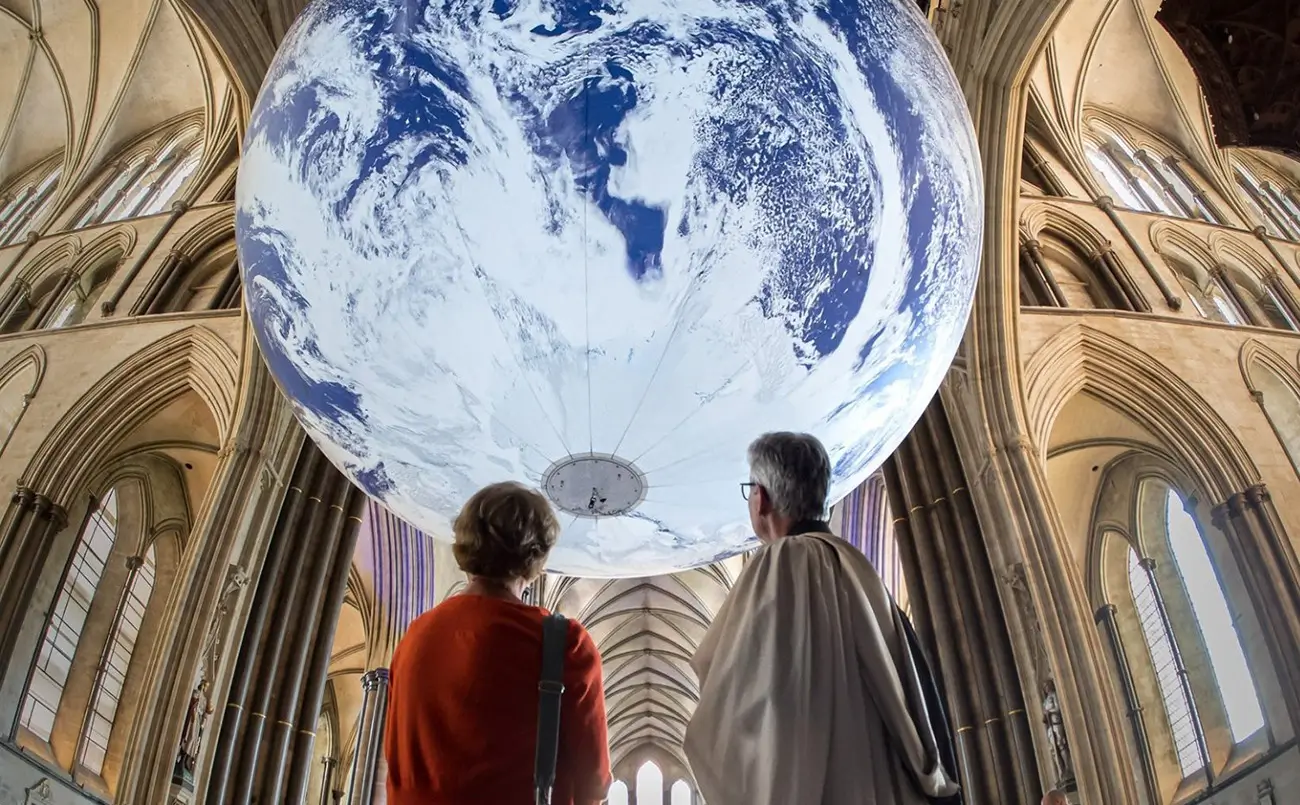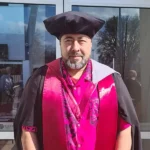Choose language:
Time and again the Church[1] is reminded, “But be doers of the word and not merely hearers who deceive themselves.”[2] On the global level, Anglicans, alongside Orthodox churches, Lutherans, Presbyterians, Quakers, Roman Catholics and Methodists, have long been alarmed by environmental issues, especially the threatening impacts of the climate crisis we are facing today. Yet research shows that most of these churches’ responses over the past five decades have been confined to discussions and meetings, rather than more concrete actions being implemented on the ground. There is a strong need for churches to take urgent concrete actions right now—all the talk agrees—and the consequences of not taking action will be particularly significant for the Pacific region. Considerable research has declared the Pacific Islands to be on the frontline of the climate crisis.[3] Tonga (which serves as a case study in the series of posts which follow this one) is the second-most vulnerable nation on the globe in terms of the projected effects of natural disasters and climate change, yet the responses of most Tongan churches remain on the dialogue and meetings level.[4]
In a forthcoming series of posts, I will discuss the history of the care for God’s creation within the Church across three ecumenical organisational levels: 1) World Council of Churches (Global), 2) Pacific Conference of Churches (Regional), and 3) Tonga National Council of Churches/Tonga Forum of Church Leaders (Local). In this first post I will discuss the importance of taking seriously the threatening impact of climate change in our lives, and the need for churches to take action urgently. Next, I will engage with what has been the past/current response of the World Council of Churches and Pacific Conference of Churches to the environmental crisis, by emphasising the prophetic role of Lynn White Jr and the ways his argument disrupted the status quo for churches, leading later to the development of church-environmentalism and the establishment of the Pacific Conference of Churches. In the third post, I will discuss the response of the Pacific Conference of Churches to climate change. This is important because it will show what the churches have done and the outcomes of those actions. Finally, in the fourth post, I will outline how the Tonga National Council of Churches/Tonga Forum of Church Leaders has responded to the climate issue and what has been achieved so far. I will highlight what that means for the South Pacific Anglican structure of a Three Tikanga Church, and close with some recommendations, gesturing towards a way forward in caring for God’s creation.
‘Care for God’s creation’ has been a crucial principle underpinning many church communities, including the Anglican Church and its mission, for over 50 years now. In the Pacific context, the influence of churches on various aspects of life is strong, affecting peoples’ perspectives, behaviour and responses in relation to environmental issues. As such, it is important to explore ways in which churches can be more productive and proactive, as doing so in turn will empower their members to act in ways which demonstrate care for God’s creation. Within the household of the Anglican Church, the care for God’s creation is important because of the effects of the climate crisis on our lives and livelihoods, and also because it is the fifth Mark of Mission.[5] Through the Anglican Communion Environment Network (ACEN), the Anglican church is committed to protect, preserve, and renew the earth. I cannot overemphasise how crucial it is that we take action, not only because we as humanity are a part of the earth’s body, but we are also dependent on its environment/resources for survival and flourishing. Without a healthy environment, humanity will not be healthy. Each day we are dependent on the earth’s air to breathe, its water to drink, its food to eat. It is of prime importance for humanity to realise that our continued existence is dependent on the earth. We must take care for God’s creation seriously and act urgently in addressing the climate crisis of today.
This is the first in a series of four posts. Click here for the second post: Lynn White Jr. and the Origin of Care for God’s Creation in the World Council of Churches. Click here for the third post: The Pacific Conference of Churches and Practical Initiatives Addressing the Climate Crisis. Click here for the fourth post: Churches and Climate Change in Tonga: A Real Measure of the Effectiveness of Pacific Conference of Churches’ Climate Works
Footnotes
1 Every time the word ‘Church’ appears with the capital ‘C’ and without a modifier in front, I refer to the whole Christian church, encompassing various denominations.
2 James 1:22, The Bible (New Revised Standard Version Updated Edition, 2022).
3 R. K. Pachauri and L. A. Meyer, eds, Climate Change 2014: Synthesis Report. Contribution of Working Groups I, II and III to the Fifth Assessment Report of the Intergovernmental Panel on Climate Change (IPCC, 2014). Ministry for Meteorology, Energy, Information, Disaster Management, Climate Change and Communications [MEIDECC], Kingdom of Tonga Third National Communication on Climate Change, December 2019, 12; E. H. Havea, ‘Climate Change Education in Tongan secondary schools’ (PhD diss., University of Waikato, 2020); Dhrishna Charan, Kushaal Raj, Ravneel Chand, Lionel Joseph, and Priyatma Singh, ‘At the Frontline of Climate Change: Adaptation, Limitations and Way Forward for the South Pacific Island States’, in Climate Change Impacts and Adaptation Strategies for Coastal Communities, ed. W. Leal Filho, (Springer, Cham: 2018), 69–85.
4 Peter Mucke, ed., WorldRiskReport 2020; Focus: Forced Displacement and Migration (Bündnis Entwicklung Hilft And Ruhr University Bochum – Institute for International Law of Peace and Armed Conflict (IFHV), 2020), 7. The World Risk Report has been published annually since 2011 by Bündnis Entwicklung Hilft. Since 2017, the Institute for International Law of Peace and Armed Conflict (IFHV) at the Ruhr University Bochum has been responsible for the scientific management and calculation of the World Risk Index contained in the report. The figures published this summer by the UN Refugee Agency are alarming: almost 80 million people are currently fleeing their homes, and refugees at the EU’s external borders and internally-displaced persons in their own countries continue to die every day.
5 The Five Marks of Mission are widely accepted by Anglicans across the globe. These five mission statements offer a practical guide to the holistic nature of mission. The fifth mark of mission states: “To strive to safeguard the integrity of creation and sustain and re-new the life of the earth”. See ‘Five Marks of Mission’, Anglican Schools of Aotearoa New Zealand & Polynesia (blog) (accessed 29 July 2024), and Anglican Communion Office, ‘Anglican Communion: History’, (accessed 29 July 2024), for further details.

